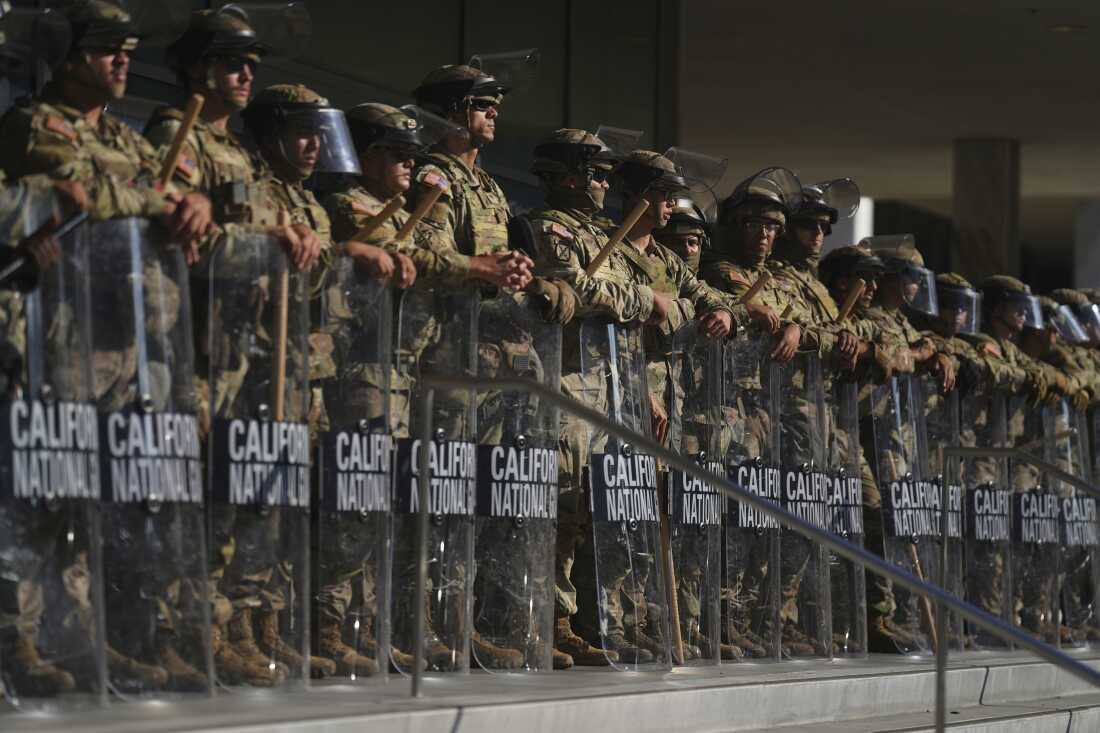Introduction
Former President Donald Trump’s administration promoted the deployment of National Guard troops in several U.S. cities, citing concerns about rising crime rates. These actions have generated a mix of responses, ranging from support by certain governors to legal challenges in multiple states.
Cities involved in deployments or requests
Thousands of troops were sent to Los Angeles and Washington, D.C., during the summer. Later, discussions emerged about sending forces to Chicago and Portland, where state leaders raised objections. In Louisiana, Governor Jeff Landry requested up to 1,000 soldiers to strengthen security in New Orleans, Shreveport, and Baton Rouge.
In Missouri, Governor Mike Kehoe authorized the National Guard to assist with administrative and logistical tasks at federal immigration facilities. Meanwhile, in Maryland, Governor Wes Moore rejected the presence of troops and instead allocated more state resources to address crime.
Legal framework and disputes
The legal debate centers on two key laws: the Insurrection Act and the Posse Comitatus Act. The latter restricts the use of military forces in domestic law enforcement without congressional approval. A federal judge in California ruled that the Los Angeles deployment violated this principle, though the decision applied only within the state.
Democratic-led states have pursued restraining orders and lawsuits to block deployments, while Republican-led states have been more receptive to federal cooperation.
Emerging political pattern
The situation highlights a partisan divide. Democratic governors have opposed deployments, citing legal and ethical concerns, while Republican leaders have welcomed the support.
Legal analysts warn that repeated troop presence in urban areas could gradually normalize the idea of uniformed soldiers in U.S. streets, shifting away from the country’s long-standing practice of limiting military involvement in domestic affairs.



